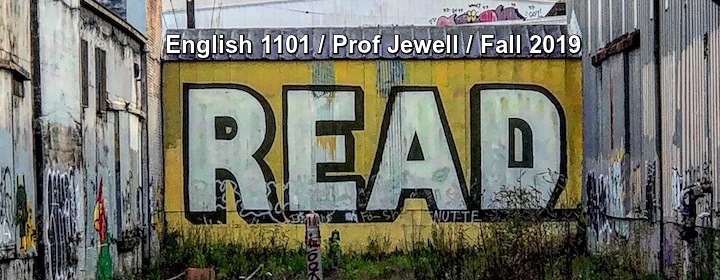One particular event that comes to mind was freshman year of high-school, where the class was assigned to read the book “Merchant of Venice” by William Shakespeare. I remember being disappointed that I had to read yet another book for a class that never had me excited for what it had in store, but this was one of the few books I had actively read alone until I finished the book within the first few days of it being assigned. I didn’t even expect it from myself that I’d completely finish the book so quickly, but one page led to the next, and so on and so forth until I reached the back cover. I’m not exactly sure why I had been overcome with this sudden eager feeling to read but it was definitely a moment worth remembering as I wasn’t an avid reader beforehand.
My experience with reading was shaped heavily from the first time I read a book that I thoroughly enjoyed. It was the only book that I read on my own time and gave me a different outlook on reading, writing, and learning in general. I was not very into reading and it would clearly show as I was not very expressive in the way I wrote or even spoke.
I was not very aware of it until I found an old notebook I had with some assignments I did. I think it was 7th grade and my writing just didn’t make any sense. They was very short, simple sentences that had no expressive thought behind it. It was as if a child wrote it. From the point where I had my newfound like for reading, I realized that without reading or writing, I wouldn’t really be who I am today. I read lots of articles and newspapers of the most random things and it definitely changed my perspective on how things worked and developed a different way of looking at a matter.
To put it simply, I was very narrow minded. I always viewed school as this constricted area that was more or less used as a prison. I used to hate getting up in the morning (and I still do) just to go to school where I’m not allowed to do as I please. Learning was just not for me. This was all the years prior to my experience of actually enjoying a book. The years after, though, were much more bright. I vividly remember waking up and actually being somewhat elated to go to school.
This was of course a new and odd feeling as normally I would never in a million years be happy for something such as this. School was no longer this prison where I was forced to do everything and not question why, it was now a prison where I was forced to do everything, but learn something new while I did it. English especially was my favorite class to go to because being expressive was something I suddenly realized I enjoyed.
Now pretty much all of this change had occurred over a book I actually enjoyed. This brings my attention to the education system, and why it should be at least slightly altered to help students feel more compelled to read. Every year we always had to read some book that was assigned by the teacher and most of the time, none of the students enjoyed reading it. If the books were changed to a topic or genre in which the students enjoyed, maybe it would shine a light-bulb in them that would leave them wanting to read more.



